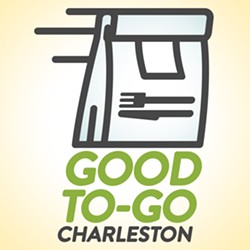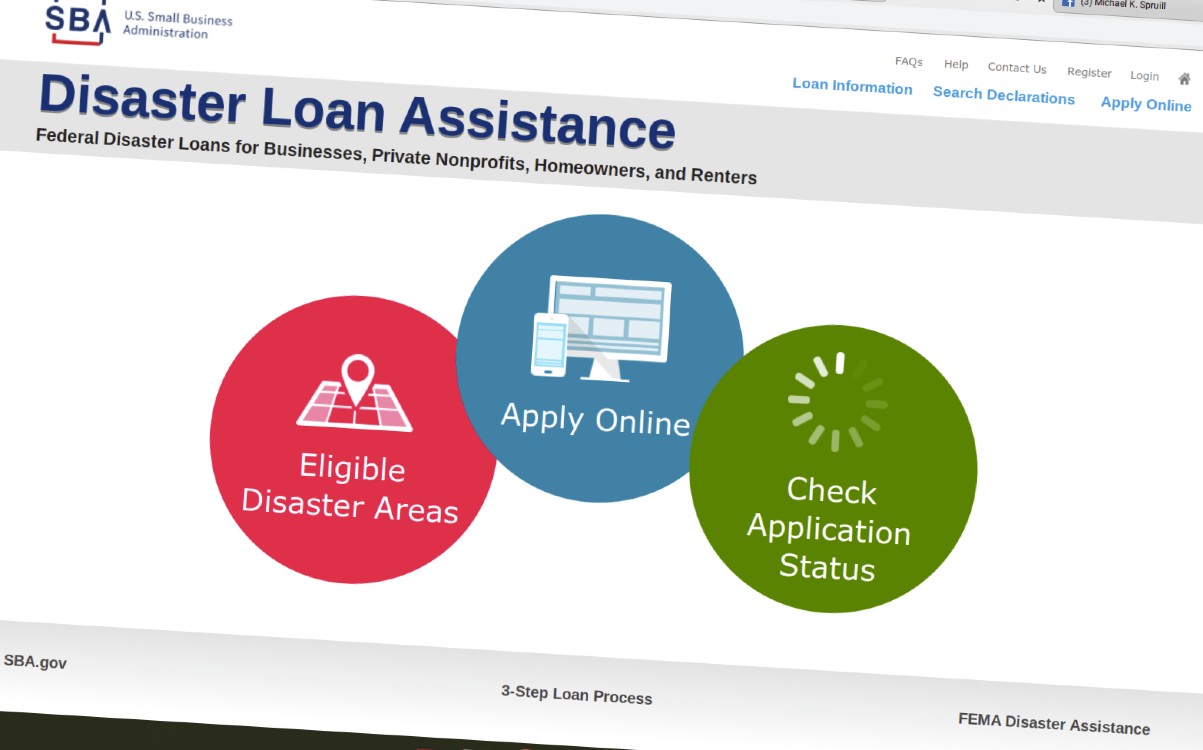Staff reports | The U.S. Small Business Administration (SBA) announced last week that small businesses suffering substantial economic injury because of the coronavirus pandemic can apply for working capital through low-interest federal disaster loans.
“Small businesses, private non-profit organizations of any size, small agricultural cooperatives and small aquaculture enterprises that have been financially impacted as a direct result of the coronavirus (COVID-19) since Jan. 31, 2020, may qualify for Economic Injury Disaster Loans of up to $2 million to help meet financial obligations and operating expenses which could have been met had the disaster not occurred,” SBA Administrator Jovita Carranza said in a news release.
“These loans may be used to pay fixed debts, payroll, accounts payable and other bills that can’t be paid because of the disaster’s impact. Disaster loans can provide vital economic assistance to small businesses to help overcome the temporary loss of revenue they are experiencing.”
The interest rate is 3.75 percent for small businesses. The interest rate for private non-profit organizations is 2.75 percent. SBA offers loans with long-term repayments in order to keep payments affordable, up to a maximum of 30 years and are available to entities without the financial ability to offset the adverse impact without hardship.
- If interested, apply online. You can also receive additional disaster assistance information and download applications at https://disasterloan.sba.gov/ela. Applicants may also call SBA’s Customer Service Center at (800) 659-2955 or email disastercustomerservice@sba.gov for more information on SBA disaster assistance.
The deadline to apply for an Economic Injury Disaster Loan is Dec. 21, 2020. For more information about available SBA resources and services, please visit: SBA.gov/coronavirus.
A March 17 disaster declaration by Gov. Henry McMaster makes SBA assistance available for businesses in the whole state.
In other recent news:
 Good to Go: Sister publication Charleston City Paper offers a great list of more than 200 area restaurants that are offering take out and delivery options to try to stay open during the coronavirus pandemic. Take a look — and give them some business if you can.
Good to Go: Sister publication Charleston City Paper offers a great list of more than 200 area restaurants that are offering take out and delivery options to try to stay open during the coronavirus pandemic. Take a look — and give them some business if you can.
State budget revenue forecast in limbo. Among the many unknowns about the coronavirus pandemic, one thing has become clear: the state’s budget is not going to be the $10 billion package passed by the House just 10 days ago.
“We are in new times and the only thing we know is that the financial reality of two weeks ago no longer exists,” Senate Finance Committee member Vincent Sheheen told sister publication Statehouse Report late last week. “Under any circumstance, the big projected ($1.8 billion) surplus is no longer here anymore.”
As uncertainty grows for public health and the economy, the state Senate gave second reading this week to a continuing budget resolution, teeing it up for a single vote in both chambers to keep government lights on after June 30. But lawmakers want a real, responsive budget. They are grappling with the question of how hard and how long the pandemic will roil the economy and disrupt state revenues.
The S.C. Revenue and Fiscal Affairs Office’s Board of Economic Advisors will meet April 9 to talk about potential impacts. The meeting will provide the results of a financial stress test that will guide the Senate’s budget process.
Uninsured face disproportionate impact. One in 10 South Carolinians are without health insurance as the state runs into a growing crisis with the coronavirus. S.C. cases of the coronavirus are reported at 195 as of Sunday afternoon. As many as 12 percent of reported cases could result in hospitalization, according to the Centers for Disease Control.
The uninsured could face life-altering debt if hospitalized, and they could unknowingly spread the disease if they continue to work and do not seek medical care due to finances, Palmetto Project Director of Programs Shelli Quenga said. Read more. At the end of 2019, the state’s uninsured were tabulated at 522,000.
- Have a comment? Send to: editor@charlestoncurrents.com




 We Can Do Better, South Carolina!
We Can Do Better, South Carolina!
























